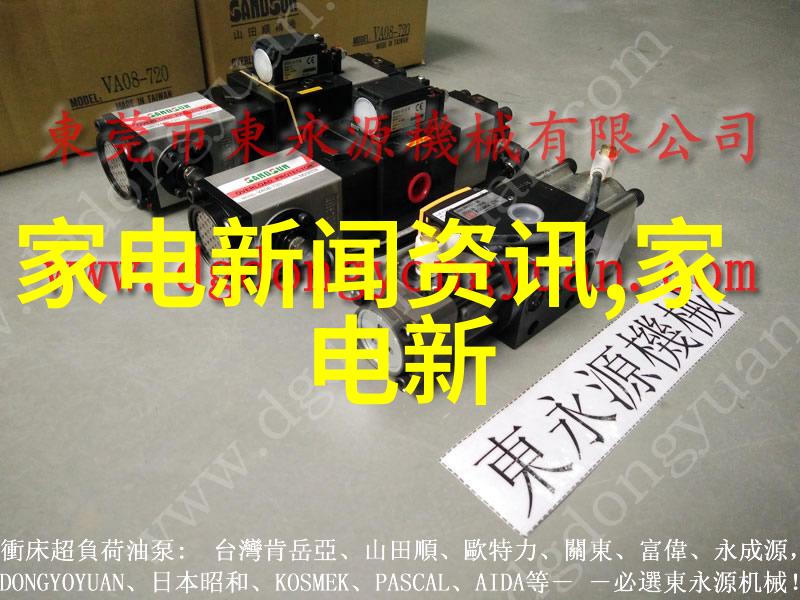Agr Pipe vs Other Types of Steel Pipes: Which One is Suitable for Your Project?

Introduction
In the construction industry, steel pipes are a crucial component in various projects. With numerous types of steel pipes available, choosing the right one can be overwhelming. Among them, Agr pipe has gained popularity due to its unique characteristics and advantages. In this article, we will delve into what Agr pipe is and how it compares to other types of steel pipes.

What is Agr Pipe?
Agr pipe stands for "Agreement" or "Agreed" type steel pipe, which refers to a specific standard or specification agreed upon by both the supplier and buyer before production begins. This type of pipe ensures that both parties are on the same page regarding quality control measures during manufacturing processes.

Characteristics of Agr Pipe
One major advantage of using Agr pipe lies in its higher quality standards compared to other types of steel pipes available in the market today.

Higher Quality Standards: The term 'agr' signifies an agreement between suppliers and buyers on certain specifications such as size tolerance limits (e.g., 0+/-10mm), surface finish requirements (e.g., 4th grade), etc., ensuring consistent high-quality output from manufacturers.

Better Welding Quality: Due to strict welding process controls implemented during fabrication, agrpipe exhibits superior welding qualities over other varieties; fewer defects lead to increased structural integrity when used in building structures like bridges or skyscrapers.
Comparison with Other Steel Pipes
To better understand why agrpipe might be preferred over others let's briefly explore some common alternatives:
a) Black Iron Pipe:
Black iron piping uses carbon-based materials with no alloy content added which makes them more susceptible to corrosion than agrpipes especially under harsh environmental conditions; however black iron does have lower initial costs compared against many options within this category including those specifically designed for industrial use cases where rust resistance isn't essential but weight reduction could help save money on transportations costs when shipping heavy equipment across long distances.
b) Galvanized Steel Pipe:
Galvanized steels contain zinc layers applied through hot-dip galvanizing techniques making these resistant against corrosion much more effectively than regular black irons but not quite as good as agrpipes since their coatings may peel off if exposed too long under extreme weather conditions while also having potential health risks associated with inhaling zinc fumes produced during manufacturing process thus requiring proper ventilation systems at factories producing galvanized products.
c) PVC (Polyvinyl Chloride):
PVC offers non-corrosive properties similar-to-but-not-as-good-as-agr-pipes along side lightweight design features yet it cannot withstand extreme temperatures unlike most metallic options except aluminum alloys; PVCs tend towards cracking if subjected excessively high heat causing loss-of-functionalities whereas metal remains flexible up until melting point preventing damage caused by thermal stressors like excessive sunlight exposure leading structural failures.
Conclusion
While there are several types of steel pipes available each offering distinct benefits depending on specific project requirements; considering factors such as cost-effectiveness efficiency safety durability & aesthetics among others selecting suitable material depends heavily upon context-specific demands so understanding differences between different grades allows informed decision-making about choice amongst numerous possibilities – ultimately saving time resources & enhancing overall performance throughout entire lifecycle duration spanning years after completion date till end-user satisfaction guaranteed!



